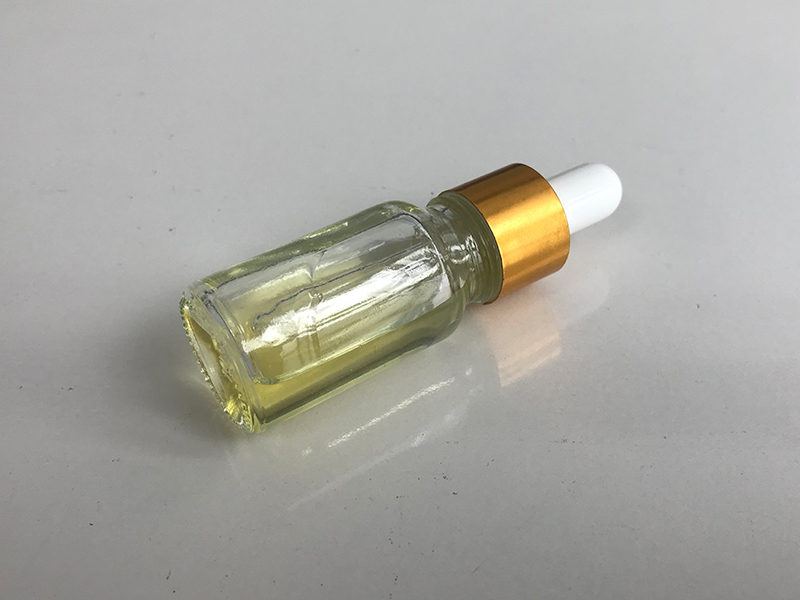DHA (docosahexaenoic acid) Algal Oil is derived from microalgae, specifically species like Schizochytrium sp. and Crypthecodinium cohnii, which are rich sources of omega-3 fatty acids. DHA is an essential omega-3 fatty acid that plays a crucial role in various physiological functions, particularly in the development and maintenance of the brain, eyes, and nervous system.
Here are key points about the origin and properties of DHA Algal Oil:
1.Microalgae Source: DHA Algal Oil is obtained from certain types of microalgae. These icroorganisms are cultivated in controlled environments, such as fermentation tanks, where they are provided with the necessary nutrients for growth.
2.Omega-3 Fatty Acid Content: DHA is one of the main omega-3 fatty acids found in fish oil, but it an also be directly sourced from microalgae. DHA is a long-chain polyunsaturated fatty acid with 22 carbon atoms and six double bonds. It is a structural component of cell membranes and is particularly abundant in the brain and retina.
3.Vegetarian and Vegan Source: DHA Algal Oil is an important alternative for individuals who follow a vegetarian or vegan diet. Traditionally, fish oil has been a primary source of omega-3 fatty acids, but obtaining DHA directly from microalgae eliminates the need to rely on fish as an intermediary source.
4.Sustainability: Cultivating microalgae for DHA production is considered a sustainable approach. It avoids the environmental concerns associated with overfishing and helps conserve marine resources. Additionally, the cultivation process can be controlled to minimize environmental impact.

5.Purity and Quality: DHA Algal Oil is often purified to remove any potential contaminants, such as heavy metals and toxins, ensuring a high-quality and safe product for consumption.
6.Health Benefits: DHA is recognized for its numerous health benefits, particularly in supporting cognitive function, brain development in infants, and maintaining eye health. It is also associated with cardiovascular health and has anti-inflammatory properties.
7.Supplement Form: DHA Algal Oil is commonly available in the form of dietary supplements. These supplements may come in softgel or liquid form and are often marketed for various age groups, from infants to adults.
8.Regulatory Approval: DHA Algal Oil supplements have received regulatory approval in many countries as a safe and effective source of omega-3 fatty acids. This includes recognition from health organizations and regulatory bodies.
In summary, DHA Algal Oil provides a sustainable and vegetarian/vegan-friendly source of the essential omega-3 fatty acid DHA, with potential health benefits for various aspects of human well-being.
Adverse effects of DHA Algal Oil
DHA (docosahexaenoic acid) is an omega-3 fatty acid that is commonly found in fish oil. However, DHA algal oil is derived from algae, making it a vegetarian or vegan source of DHA. Generally, DHA algal oil is considered safe for most people when taken in appropriate doses. However, like any supplement, it may cause adverse effects in some individuals. Here are some potential adverse effects of DHA algal oil:
1.Gastrointestinal Issues: Some people may experience gastrointestinal symptoms such as nausea, diarrhea, or bloating when taking DHA algal oil. These symptoms are usually mild and can often be alleviated by taking the supplement with food.
2.Allergic Reactions: Although allergic reactions to DHA algal oil are rare, individuals with allergies to algae may experience symptoms such as itching, rash, or swelling. If you have known allergies to algae or any components of the supplement, it’s advisable to avoid it.
3.Blood Thinning: DHA has mild blood-thinning properties, and in high doses, it may increase the risk of bleeding. Individuals taking anticoagulant or antiplatelet medications should exercise caution and consult their healthcare provider before using DHA algal oil.
4.Interactions with Medications: DHA algal oil may interact with certain medications, especially those related to blood clotting and cardiovascular health. It’s important to consult with a healthcare professional before adding DHA algal oil to your routine, especially if you are on prescription medications.

5.Fishy Aftertaste or Burps: Some people may experience a fishy aftertaste or burps even with DHA algal oil, though it’s generally less common compared to fish oil supplements. Choosing a high-quality, purified supplement may help minimize these effects.
6.Pregnancy and Breastfeeding: While DHA is important for fetal brain development, pregnant and breastfeeding women should consult their healthcare providers before taking any supplements, including DHA algal oil, to ensure it is appropriate for their individual circumstances.
It’s important to note that the adverse effects mentioned above are not exhaustive, and individual responses to DHA algal oil may vary. Always consult with a healthcare professional before starting any new supplement regimen, especially if you have pre-existing health conditions or are taking medications. Additionally, following recommended dosage guidelines is crucial to minimize the risk of adverse effects.
